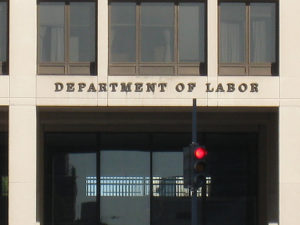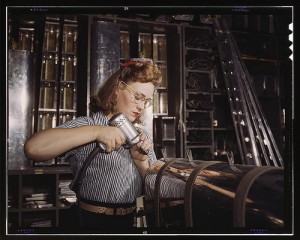 If you like to open your presents on Christmas Eve, the U.S. Department of Labor is for you. Last night, the DOL posted the final revised rule on overtime on its website ahead of its planned announcement this afternoon.
If you like to open your presents on Christmas Eve, the U.S. Department of Labor is for you. Last night, the DOL posted the final revised rule on overtime on its website ahead of its planned announcement this afternoon.
What a gift for employment lawyers! Needless to say, I was up late unwrapping all my













